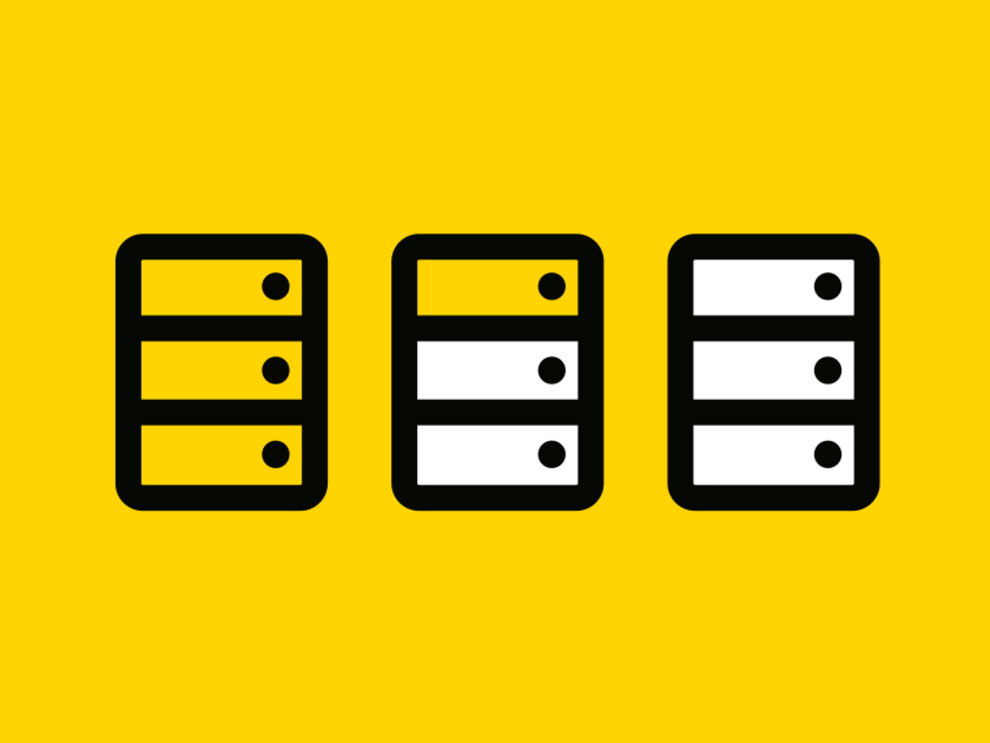Backup Disaster: Only 55 Per Cent of Data Can Be Restored
The question is not whether you will ever need your backup data; the question is when you will need it. Therefore, it is all about using the right backup and recovery solutions in your organization to protect data from ransomware attacks, natural disasters, or user error.
#Backup as a Service #Huawei #Backup Recovery
The loss of business-critical data can have a very negative impact on operations, productivity, customer satisfaction, business turnover, and the image of an affected company. It is therefore not surprising that improving the quality and reliability of data protection in the company is one of the highest priorities for responsible managers. This is undoubtedly a consequence of the fact that many IT managers feel increasingly defenseless in the face of cyberattacks, as they revealed in the latest Veeam Data Protection Report.
Recovery is often unsuccessful
The fact is that it is often challenging to recover data after a cyberattack: In the companies surveyed, only 55 percent of the encrypted or destroyed data could be recovered. This indicates that there are shortcomings in the data backup and recovery measures applied.
Data backup is* about making a copy of data or systems and storing it in a secure, yet easily accessible, off-site location. Depending on the type of backup, not only individual files but entire systems can be restored quickly and easily in an emergency. Today, secure and reliable options are available for this in the cloud and on-prem. If you store your backup data on a server in your own company, you expose it to the risk of being damaged along with the other systems in the event of a disaster. The cloud, on the other hand, is more secure than your on-prem servers in the vast majority of cases.
Six good reasons to back up your data properly
Data (along with your employees) are your company's most valuable asset and must not only be backed up, but also be able to be restored quickly. Here are six good reasons why.
- Data loss is unpredictable: it happens because of cyberattacks, system failures, natural disasters, theft, or when human errors are made.
- Compliance: It is critical that you can reproduce your financial and accounting data. Backing up this information will allow you to present your books to auditors even after a failure. Data loss is not an excuse that will be accepted by regulators.
- Business continuity: Good backups reduce your downtime to an absolute minimum and reduce the time it takes to recover. Time is a significant factor in maintaining your business operations in the event of a disruption.
- Customer confidence: Your customers' trust would be shaken by a data loss or, in the worst case scenario, could vanish into thin air altogether.
- Data loss can be costly: Even if your data can be partially recovered after a loss, such an event can incur significant costs. In addition to potential fines and lost revenue, there are additional costs for an emergency service that could have been institutionalized with clean data backup.
- Data backup provides a competitive advantage: Those who have an operational data backup and recovery solution in place gain an advantage over the competition. Data loss often results in financial loss and reputational damage.
Conclusion:
Data backup must be safely reconstructable and is one of the most important components of every data security concept. The backup of your business data must ensure that it can be reconstructed with absolute certainty and ease in the event of a disaster, so that your business can continue to run successfully in the event of an emergency. We can help you with this. UMB has extensive backup/recovery expertise and access to the appropriate leading edge technologies. We ensure data security, both on local data carriers and via our highly secure backup data centers.
Backup in the data age: Fast, secure, flash-based
A fundamental shift is underway in the storage industry: Hard disk media was yesterday, flash-based solutions are in demand today. These storage systems offer better performance, cost less and consume less energy. That is important, because the data flood is certain to continue to increase.
SSD storage for large data volumes
The market for hard disk drives has been shrinking for years[i]. Over the last ten years, it has been reduced by well over 50 percent. All-flash arrays, on the other hand, are becoming cheaper and more powerful. For example, OceanStor all-flash storage systems from Huawei [iii], enabling up to 20 million IOPS (input/output operations per second) at a latency of 0.1 ms. This reduces the time required to store large amounts of data from hours to just a few minutes. This speed is critical for backups, especially when dealing with large volumes of data that dramatically increase the level of protection, performance, and scaling requirements in data storage. Huawei's OceanProtect Backup Storage[v] is such a backup solution for the entire lifecycle of your data, providing disaster recovery, backup, and archiving services to help enterprises cope with rapidly increasing data volumes. The solution is based on the latest technologies and ensures that there are no service interruptions or data loss.
Backup bandwidth: 155 TB/hour
OceanProtect uses E2E acceleration and an active-active architecture to back up and restore data as quickly and reliably as possible - at a lower total cost of ownership. Upstream, OceanProtect uses a DTOE intelligent network interface card (NIC) to optimize protocol computation and free up CPU compute resources, doubling array bandwidth compared to a traditional NIC. In addition, OceanProtect supports high-performance SSDs at the back. Full end-to-end acceleration enables backup bandwidth of up to 155 TB/hour and recovery bandwidth of 172 TB/hour. OceanProtect systems are already deployed in government, finance, telecommunications, healthcare, and manufacturing, according to Huawei.
Knowhow and leading-edge technologies
UMB is a Huawei Gold Partner, has extensive Huawei know-how, and has already implemented numerous successful customer projects. As a Gold Partner, UMB is also a Certified Service Partner and can provide direct service locally for Huawei customers. As for Huawei storage systems, UMB is currently focusing on the NVMe all-flash OceanStor storage systems, which are tailored to a wide range of enterprise sizes and provide superior storage performance at a lower total cost of ownership. Please contact us for additional information.
[iii]What is All-Flash Array? (techtarget.com)
[iv]Huawei OceanStor Pacific Series Technical White Paper - Huawei Enterprise
[v]Huawei OceanProtect Backup Storage wins ‘Best of Show’ award at Interop Tokyo 2022


